The second edition of Spotlight: BDD News & Research Updates is here! As a reminder, this quarterly blog series brings you the latest research news and information concerning BDD, from highlighting work by members of our Scientific & Clinical Advisory Board to the latest headlines in journals and popular media alike. This blog series is part of our larger Spotlight series, which contains monthly updates on OCD research & news, and quarterly features on hoarding disorder, pediatric OCD, and BDD.
Spotlight is also available via email so you can receive the latest research news and information directly in your inbox. Sign up to receive our March update, as well as all future issues, by going here and selecting the “Spotlight” option on our email signup form.
Making Headlines
BDD advocates and stories making news around the globe this winter
Q&A Tuesday with Denis Asselin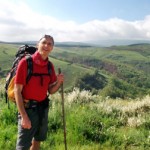
Alison Dotson, January 2016
A recent post by OCD Twin Cities President Alison Dotson features a Q&A with IOCDF Board Member Denis Asselin. Denis has embarked on several walks and pilgrimages spanning multiple states across the US and around the globe in order raise awareness about body dysmorphic disorder in memory of his son, Nathaniel, who committed suicide after struggling with BDD for years. In the Q&A, Denis why he embarked on his walking pilgrimage, as well as what he and his family dealt with as they worked to better understand and support Nathaniel’s fight against BDD.
Shedding Light On Body Dysmorphic (Anxiety) Disorder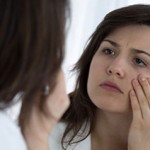
Huffington Post Canada, December 2015
An article by clinicians at the Sunnybrook Health Sciences Centre in Canada provides an overview of BDD, as well as their clinical perspective on why it’s important for more individuals to recognize and treat the condition.
An Interview with Reid Ewing
Shrink Tank, January 2016
Modern Family actor Reid Ewing has been praised by countless mental health bloggers, advocates, news outlets, and others after disclosing his struggles with BDD in a recent Huffington Post article. In this interview with the hosts of Shrink Tank, a mental health and pop culture podcast, Ewing shares candid thoughts on a variety of topics, from his family’s reaction and response to his BDD diagnosis to advice on what helped him manage and cope with his symptoms.
SCB Showcase
Members of the IOCDF Scientific & Clinical Advisory Board (SCB) are among the best clinicians and investigators in the United States who treat and/or conduct research in the field of OCD and related disorders, including BDD. Here, we recognize SCB members whose work has recently turned heads in the scientific community or general public.
Development and validation of the Body-Focused Shame and Guilt Scale ($)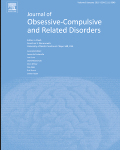
Journal of Obsessive-Compulsive and Related Disorders, January 2016
Body shame is described as central in clinical literature on BDD. However, empirical investigations of body shame within BDD are rare, since past studies have focused on narrower definitions of body shame that examine things like eating or weight-based behaviors. Within BDD, however, body shame likely focuses more broadly on shame felt in response to perceived appearance flaws in one’s body parts. This study, conducted in part by SCB Vice Chair Sabine Wilhelm, PhD, describes the development and validation of an assessment test called the Body-Focused Shame and Guilt Scale (BF-SGS), designed to measure BDD-relevant body shame. This study demonstrates the potential of the BF-SGS as a reliable and consistent tool that can be used in further future studies interested in examining similar topics.
BDD Research Corner
A monthly roundup of the latest in BDD research from scientific journals and other publications
Young adolescents’ appearance anxiety and body dysmorphic symptoms: Social problems, self-perceptions  and comorbidities ($)
and comorbidities ($)
Journal of Obsessive-Compulsive and Related Disorders, January 2016
BDD is a chronic and severe condition in adults, but it is still poorly understood in younger age groups. In this study using the Appearance Anxiety Inventory, young adolescents reporting high anxiety related to appearance are compared to same-age peers to look for any social or self-perceptual differences. Marked social and other impairments were found in the high anxiety group, and further analysis performed as part of the study identifies three questions about appearance concerns that could assist therapists and other mental health profesionals in identifying adolescents in need of intervention.
Cognitive-Behavioral Therapy for Adolescent Body Dysmorphic Disorder: A Pilot Study ($) 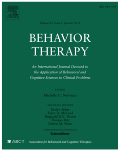
Behavior Therapy, November 2015
Despite BDD’s severity and early onset, treatment outcome research on adolescent BDD is scarce. Cognitive behavioral therapy (CBT) is the gold-standard psychosocial treatment for BDD in adults and has shown promise in adolescents. The current study examines the development and testing of a new CBT treatment for adolescents with BDD, representing the largest study of a psychosocial treatment for adolescent BDD.
Therapist guided internet based cognitive behavioural therapy for body dysmorphic disorder: single blind 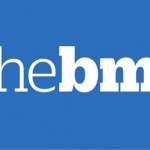 randomised controlled trial
randomised controlled trial
The BMJ, February 2016
This study evaluates the effectiveness of a therapist-guided Internet-based cognitive behavioral therapy (CBT) program for BDD called BDD-NET compared with online supportive therapy. Researchers concluded that CBT can be delivered safely via the Internet to patients with BDD, and that BDD-NET has the potential to increase access to evidence based psychiatric care for this mental disorder in line with NICE priority recommendations. It could be particularly useful in a stepped care approach, in which general practitioner or other mental health professionals can offer treatment to people with mild to moderate symptoms at low risk of suicide.
IOCDF Research Resources
Find other research-related resources from the IOCDF, including:
- Join a research study as a participant
- Learn about the IOCDF Research Grant Program
- Donate to the IOCDF Research Grant Fund
For researchers:

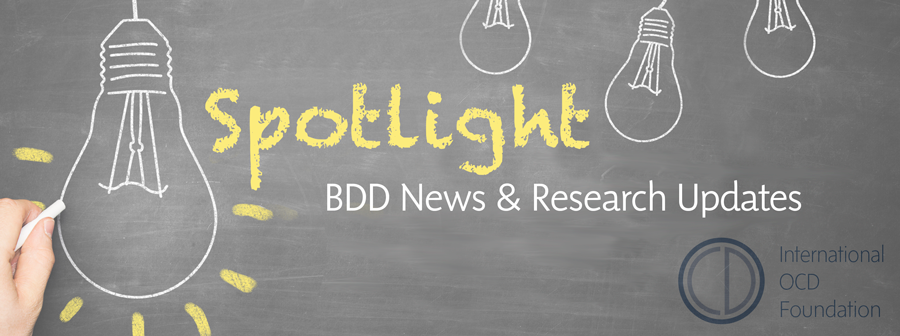
Leave a Reply